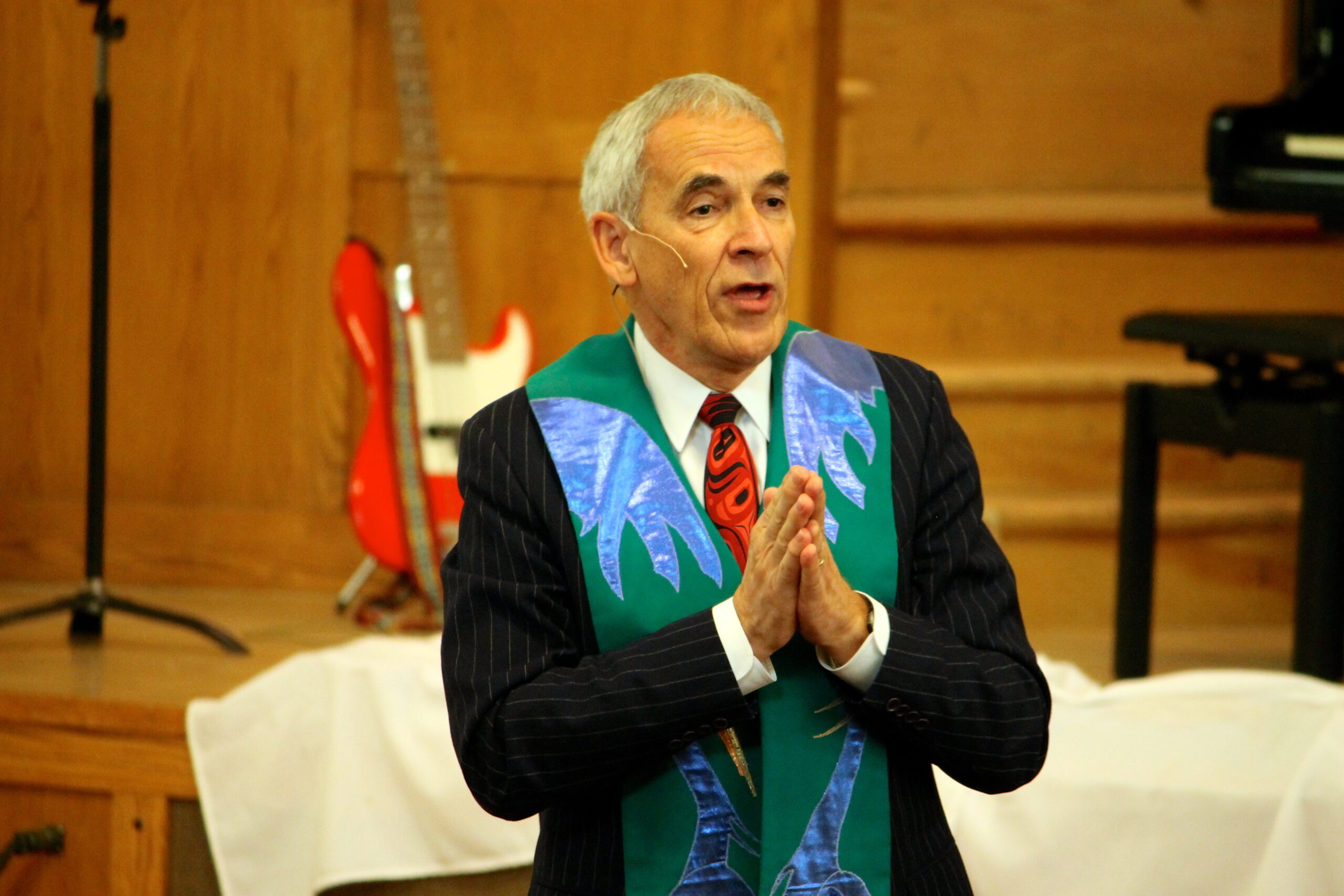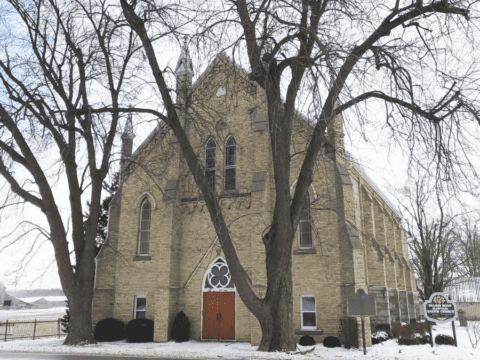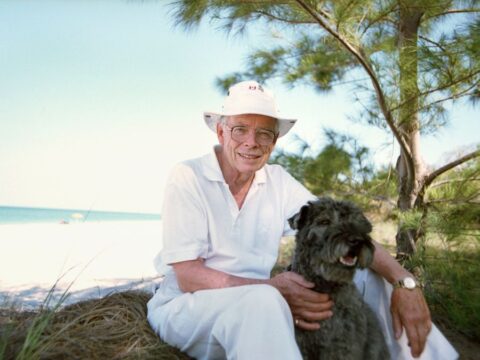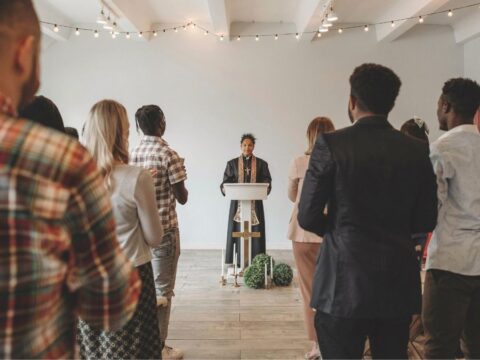On Nov. 28, 2017, Prime Minister Justin Trudeau apologized in the House of Commons for the persecution faced by LGBTQ Canadians. Very Rev. Gary Paterson, former moderator of The United Church of Canada, was one of 11 people asked to be on the advisory council who gave feedback on drafts of the apology. Paterson feels that he was heard. “Many of the suggestions that we had offered were incorporated,” he says.
After the Second World War, the Canadian government tried to rid its ranks of all gay employees, fearing they would be more likely to leak state secrets in response to blackmail about their sexual orientation. Homosexual acts remained crimes until 1969. The military banned openly gay people from service until 1992. People were denied hospital-visiting rights as their same-sex partners died of AIDS in the 1980s and ’90s.
You may unsubscribe from any of our newsletters at any time.
The advisory council included people of diverse sexual identities from across the country, such as Paterson, the United Church’s first openly gay moderator, as well as trans and two-spirit folks. They all reached out to their local community networks. Paterson gathered a working group of about 25 LGBTQ church members and asked them what would make an apology real and significant for them.
He found that in this relatively small gathering, two people had been personally affected by this harsh period in Canada’s history. One had been “purged from the RCMP,” Paterson says, and another had stayed at her post in the military “and then lived with the fear. [She was] deeply hidden in the closet for a number of years with all the enormous emotional stress that would create.”
Running for nearly 30 minutes, the government’s apology took the time to outline this harmful history. Paterson and the rest of the advisory council were invited to be in Ottawa to hear the apology first-hand. Paterson says a wonderful part for him was “the real sense of the sincerity of our prime minister and the impact of the apology — the emotion that was clearly felt by people all around.”
There was a standing ovation in the House and prolonged applause mid-speech when Prime Minister Justin Trudeau said, “We were wrong. We apologize. I am so sorry. We are sorry.” Paterson said this was the “clearest statement that could have been made, and it clearly made an impact.”
The government has committed $145 million for reparation, education and memorial projects. Additionally, those charged with the crime of consensual sexual activity with same-sex partners will not only be pardoned, but will have their criminal records expunged.













